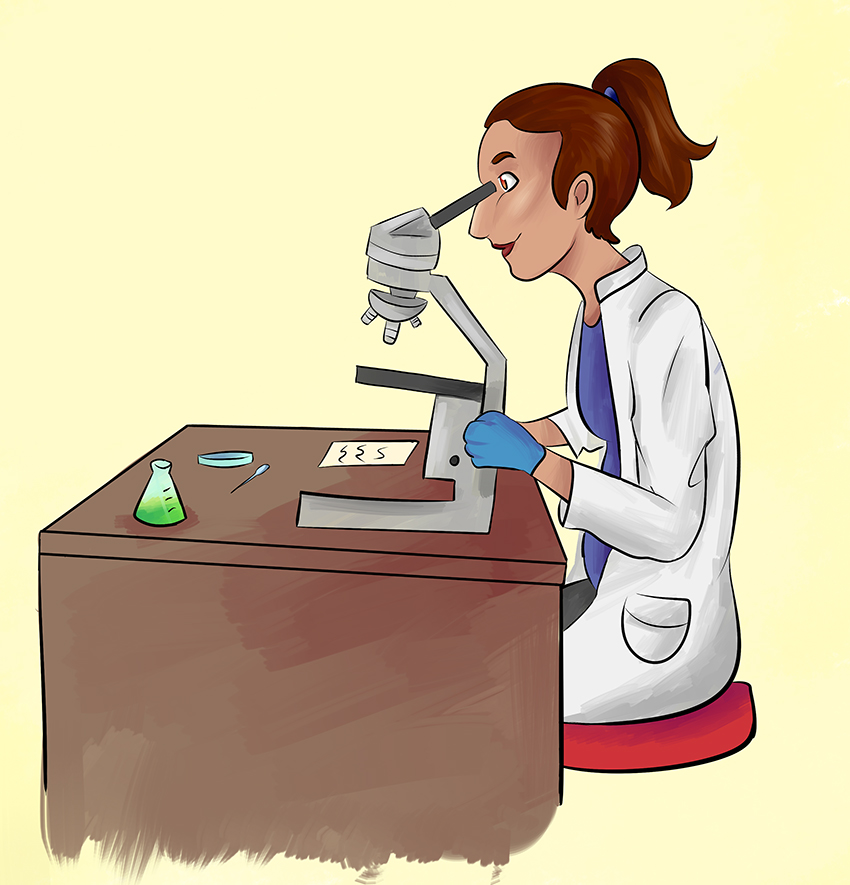The National Institutes of Health awarded UT professors Yuebing Zheng and Xiaolu Cambronne with the NIH Director’s New Innovator Awards on Oct. 5, which include a research grant of $2.3 million each.
NIH director Francis S. Collins said the award program enables biomedical innovation by encouraging inventive researchers.
“I continually point to this program as an example of the creative and revolutionary research NIH supports,” Collins said. “The quality of the investigators and the impact their research has on the biomedical field is extraordinary.”
Xiaolu Cambronne, who will start at UT-Austin in spring 2018 as a molecular biosciences assistant professor, said that the award’s impact extends far beyond monetary benefit.
“This NIH grant is undoubtedly very important for carrying out research because we simply need to fund it,” Cambronne said. “What’s also wonderful about this award, however, is that it brings recognition to the University, student scholarship and recognizes us as amazing and impactful at a scientific level.”
Cambronne’s research program studies how metabolic ability is related to health. Cambronne said the team seeks to understand why age is a risk factor in diseases and why the body’s mechanisms began to fail with age.
“These are big mysteries — there is evidence that this is due to the falling level of free NAD,” Cambronne said. “Our research directly addresses the model of how, when and where NAD may be impacted due to age.”
NAD is a molecule that plays a vital role in energy generation for the body. Cambronne said the potential benefits of her research include both scientific and public health advancements.
“The benefit of this is multifold: This helps further NAD biological research, but it’s also important for health of the population as a whole,” Cambronne said. “Determining how diseases arise can lead us to potential treatments and interventions.”
Mechanical engineering assistant professor Yuebing Zheng also works to fight against disease. He said the grant lifts a financial burden off of him and his students’ shoulders.
“This grant is definitely the right amount,” Zheng said. “It is completely appropriate for our research. This makes everything easier for not just me, but my group of students as well.”
Zheng and his team develop microchip technology to explore intracellular communication. The benefits of this include understanding how cancer-fighting cells communicate with each other.
“We seek to understand how cells work and communicate in order to detect disease at earliest stage,” Zheng said. “By understanding just how these cells work, we can engage appropriate measures like cancer treatment.”
He also added that earning this award would not have been possible without proficient students and a research-friendly campus.
“UT-Austin is a very favorable and accredited environment,” Zheng said. “The ability to attract capable students along with our infrastructure gives us a tremendous opportunity to apply to clinical solutions.”
As for her favorite aspect of researching at UT-Austin, Cambronne said she enjoys the energy among the students and her colleagues.
“They’re not afraid to ask difficult questions or challenge the status quo,” Cambronne said. “UT-Austin is bold to push boundaries in a meaningful and thoughtful way.”















